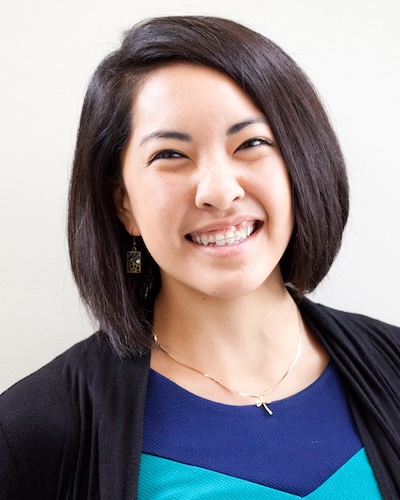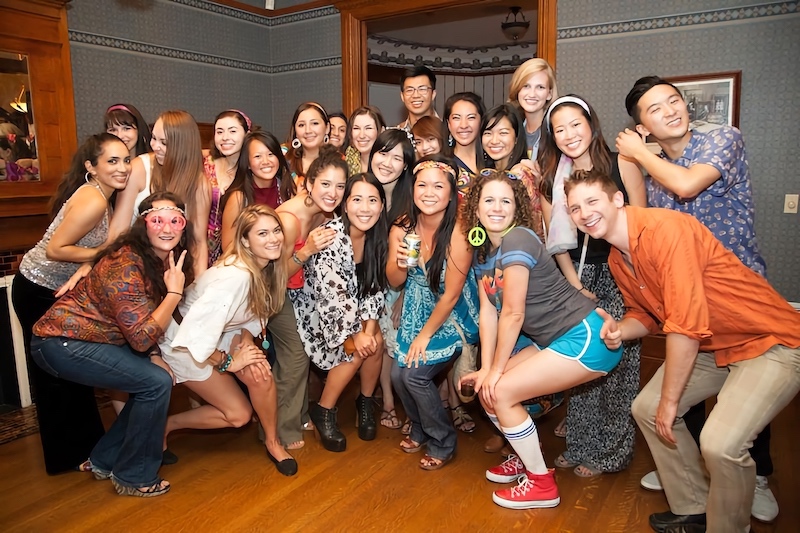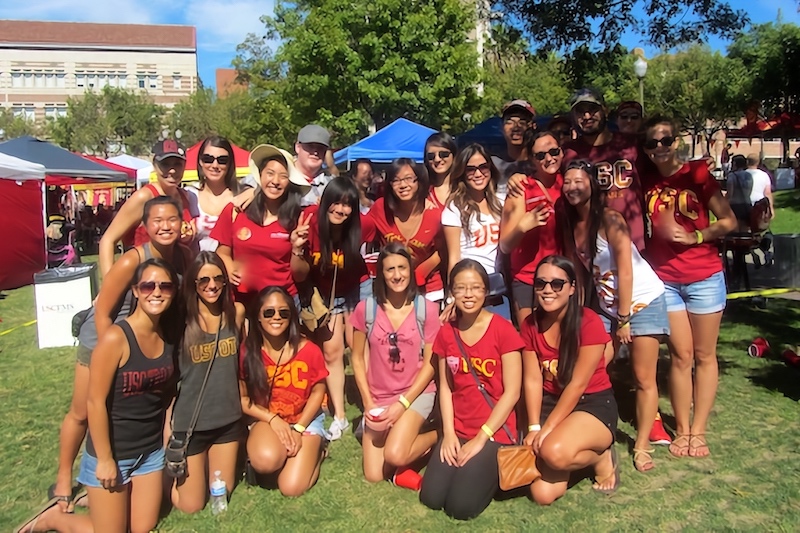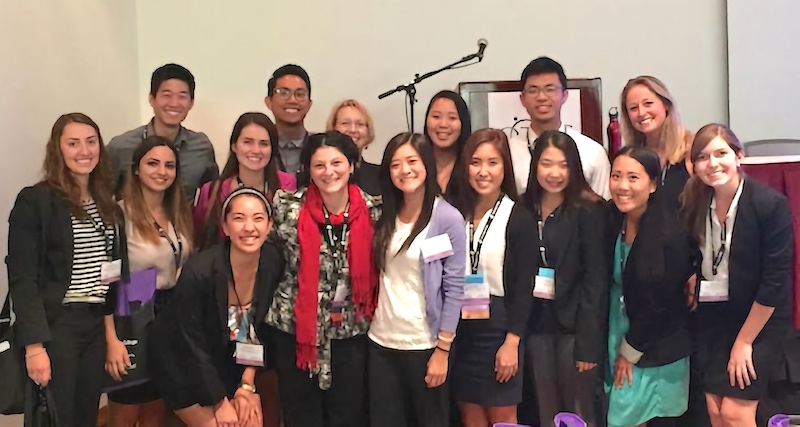My Favorite Occupation: Socializing!

September 22, 2015
by Rashelle
As humans, we are social creatures who crave and rely upon close interactions with others. The ability to socialize is a skill that most of us have, utilize daily, and may frequently take for granted. As occupational therapists we can analyze the art of socializing and can facilitate this complex process with individuals who may have difficulties doing so.
To give you an example, at the CHLA UCEDD (Children’s Hospital of Los Angeles, University Center of Excellence for Developmental Disabilities), where I completed my second Level I Fieldwork, I worked with children with selective mutism. These kids had extreme levels of anxiety in social situations, which prevented them from speaking to classmates, teachers, and even certain family members. In the treatment session, I observed how two children, who were both selectively mute, could overcome their apprehensions of speaking by engaging in meaningful activities. Since children love playing, we utilized fun, intrinsically motivating games, to encourage the children to speak to one another and to step out of their comfort zones.
Also at the UCEDD I was able to observe a social skills training program called the Secret Agent Society. This group allowed boys with high-functioning autism to role play being secret agents, with the mission of decoding the thoughts and emotions of others. Typically, children diagnosed on the autism spectrum have difficulties communicating and forming relationships. The Secret Agent Society creates an open and stimulating environment to target these social skills. The creative intervention also utilizes an interactive computer game, board game, and even “home mission” work sheets, to facilitate hands on learning and the application of learned skills to real life scenarios.
These fieldwork experiences at the CHLA UCEDD are just a few of the many, which have opened my eyes to the key role that occupational therapists can have in social skill development. Additionally, USC provides its own type of hands on learning, through the emphasis on engaging socially with students and staff outside of the classroom. Since USC’s occupational therapy program is the largest in the nation, there are many opportunities to socialize with a diverse variety of students. Also, USC encourages students to form closer relationships with faculty through mentor-mentee gatherings, faculty/student socials (organized by our student council professional development chairs), USC specific receptions at state or national conferences, and more!

The division threw an end of the summer disco party for us!

Tailgating is a tradition at USC and what better way to do it than with all of your favorite colleagues?!

Last year at the 38th Annual OTAC Conference held in Pasadena, California we got to hang out with Dr. Rafeedie after she gave a captivating presentation to students from all over California
⋯
Next by tag Fieldwork ⟩ What are OS/OT? ⟩
⋯





